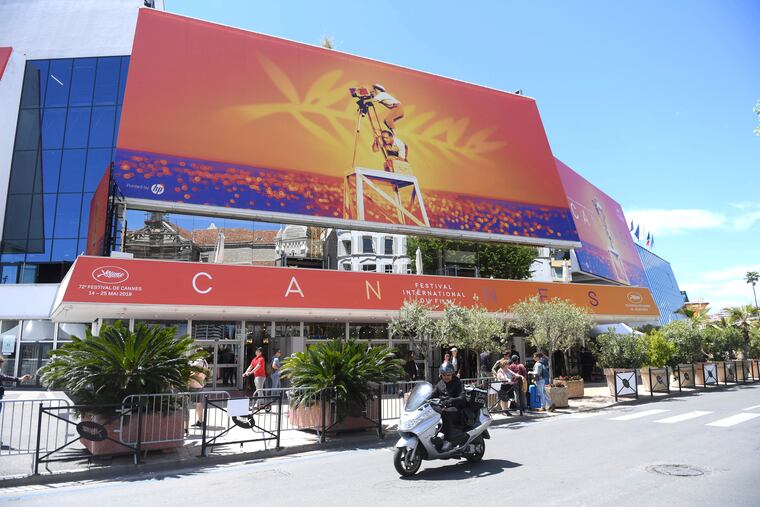Cannes Film Festival postponed due to coronavirus
France's Cannes Film Festival, arguably the world’s most prestigious film festival and cinema’s largest annual gathering, has postponed its 73rd edition

NEW YORK — France’s Cannes Film Festival, arguably the world’s most prestigious film festival and cinema’s largest annual gathering, has postponed its 73rd edition due to the coronavirus pandemic.
Organizers of the French Riviera festival, scheduled to take place May 12-23, said Thursday that they are considering moving the festival to the end of June or the beginning of July.
“As soon as the development of the French and international health situation will allow us to assess the real possibility, we will make our decision known,” the festival said in a statement.
Organizers had been extremely reluctant to cancel Cannes. For weeks, its organizers deflected questions and tried to push through its selection process.
But as the pandemic spread through France, it became all but inevitable that a massive gathering like Cannes would be canceled. On Saturday, France’s Prime Minister Édouard Philippe ordered the closure of all restaurants, cafes and cinemas in France to increase social distancing and combat the virus.
Other major film festivals, including South by Southwest and the Tribeca Film Festival, have already been scuttled. But some hope held out that Cannes, taking place closer to summer, might yet survive.
Cannes has greater ramifications for the film industry, which annually convenes on the Cote d’Azur not just for the festival’s gala screenings but for the world’s largest movie market. Every year, countless production and distribution deals are hatched in Cannes. Film executives fly in from all over the world and gather at the Marche du Film in the basement of Cannes’ hub, the Palais. Every country with a film industry erects a pavilion at Cannes’ international village.
The postponement is also especially painful for Cannes since it’s coming off a particularly successful 2019 edition. Though recent years have seen intensified criticism of the festival’s gender inclusivity and increased competition from other festivals like the Venice Film Festival, the 2019 Cannes featured the eventual Oscar best picture winner, Bong Joon Ho’s “Parasite,” as well as Quentin Tarantino’s “Once Upon a Time ... in Hollywood,” Pedro Almdovar’s acclaimed “Pain & Glory” and Celine Sciamma’s celebrated French drama “Portrait of a Lady on Fire.” “Parasite” won Cannes’ Palme d’Or before its Oscar victory.
But the international flavor of Cannes has worked against it this year. Because of the global spread of the novel coronavirus, even a virus-free France would have difficulty drawing — and keeping healthy — filmmakers, executives and press from around the world.
Cannes was founded in 1939 while Europe was on the cusp of war. It began as an alternative to the Venice Film Festival, which then had become under the sway of Benito Mussolini. Its inaugural festival was canceled after its opening gala, the premiere of “The Hunchback of Notre Dame.” The next day, Germany invaded Poland.
Cannes also came to a stop, famously, in 1968. Then, filmmakers including Jean Luc-Godard, François Truffaut, Louis Malle and Roman Polanski took to the stage of the Palais to declare the festival over in solidarity with the student and labor strike coursing through France.